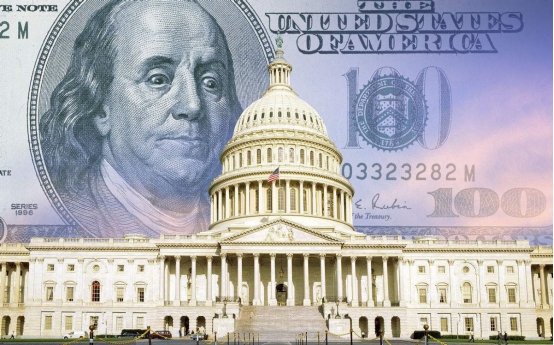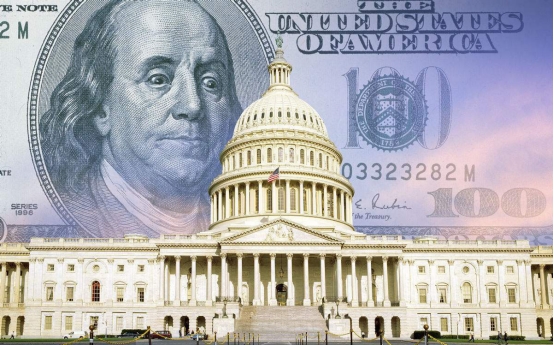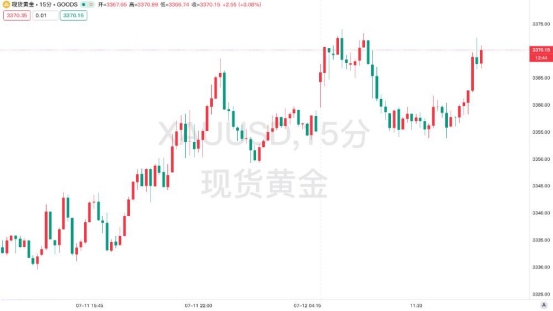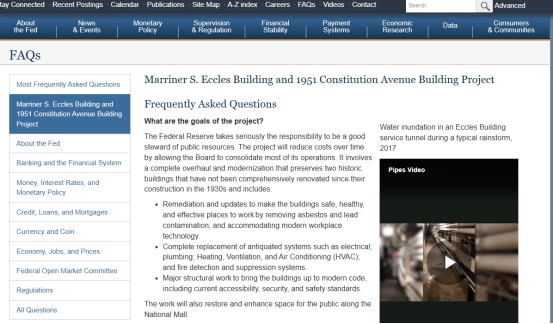Trump used the "decoration scandal" to force Powell out of office, and the Federal Reserve urgently refuted the rumor!
- 2025年7月15日
- Posted by: Macro
- Category: News

Trump used the "decoration scandal" to force Powell out of office, and the Federal Reserve urgently refuted the rumor!


The core reason for the Trump team's attack this time is that the cost of the renovation of the Federal Reserve headquarters has soared from the original $1.8 billion to $2.5 billion. Russell Vought, director of the White House Office of Management and Budget, accused Powell of "concealing the configuration of luxurious facilities" in his congressional testimony, including rooftop gardens and VIP elevators. Hassett, the White House economic adviser, even claimed that if the Federal Reserve cannot reasonably explain the overspending problem, the president has the right to remove Powell for "mismanagement." This accusation is seen by the public as Trump's latest attempt to intervene in the Federal Reserve through legal means after pressuring it to cut interest rates.
On the legal level, according to the Federal Reserve Act of 1935, the president can only remove the Fed chairman for "just cause" such as "inefficiency, neglect of duty, or malfeasance", and policy differences do not constitute a legal basis. However, the Trump administration is pushing the Supreme Court to re-examine the "Humphrey Execution" case, trying to overturn the 1935 case to expand presidential power. If the Supreme Court rules that the president can remove Fed officials due to policy differences, it will completely shake the foundation of the Fed's independence and trigger a global crisis of confidence in the credit of the US dollar.
2. The Federal Reserve urgently refuted the rumor and emphasized that the renovation was necessary maintenance
In response to the White House's accusations, the Federal Reserve issued a detailed statement in the early morning of July 14, explaining that the additional renovation costs were mainly due to the structural hazards of the building in the 1930s:

Waterproofing project: The rising groundwater level causes foundation leakage, which requires comprehensive reinforcement;
Safety upgrade: The old circuit system poses a fire risk and needs to be replaced as a whole.
Powell reiterated to Congress at a closed-door meeting on July 13 that the renovation project "does not involve any luxurious configurations" and emphasized the Fed's responsibility as a manager of public funds. Chicago Fed President Goolsbee also publicly stated that "the Federal Reserve Building is not a luxurious building, but a historical relic that urgently needs to be restored."
Despite this, market concerns about political interference have not dissipated. Data from the CFTC-regulated Kalshi platform shows that the probability of Powell being removed before the end of his term has risen to 23% from 10% at the end of March.
3. Market competition intensifies, experts warn of tail risks
Goldman Sachs warned in its latest report that if the Federal Reserve becomes a political tool, it could trigger three major chain reactions:
The credit collapse of the U.S. dollar: the market's confidence in the U.S. dollar's status as a reserve currency has declined, and funds have accelerated into hard currencies such as gold; real interest rates have plummeted: interest rate cuts under political intervention may cause real interest rates to turn negative, and the theoretical valuation center of gold will move up; central bank gold buying boom: central banks of various countries may accelerate the sale of U.S. bonds and increase their holdings of gold. In 2025, global central bank gold purchases may exceed 1,200 tons.
Trump's political offensive launched by "decoration scandal" resonates with the geopolitical crisis in the Middle East, jointly boosting the safe-haven demand for gold. Although the Federal Reserve urgently refuted the rumor, the market's concerns about policy independence have substantially changed the logic of asset pricing. In the medium and long term, against the backdrop of global economic fragmentation and monetary system reconstruction, the safe-haven value and asset allocation content of gold will continue to stand out.
